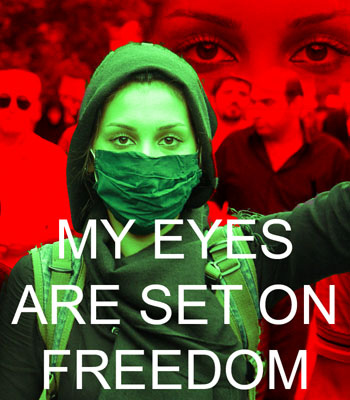Science stands at heart of sustainable future, UNESCO says on World Science Day
Source:UN News
10 November 2015 – Citing science, technology and innovation as key components of the upcoming United Nations climate change negotiations in Paris, the UN Educational, Scientific and Cultural Organization (UNESCO) today urged governments to “do everything to support societies across the world, on every continent, to create and share knowledge.”
In a message on the occasion of World Science Day for Peace and Development 2015, UNESCO Director-General Irina Bokova reminded the world just two months after the UN agreed on a new sustainable development agenda that “science stands at its heart as a force for positive transformation and a development multiplier.”
Established by UNESCO in 2001, World Science Day is celebrated worldwide on 10 November each year to demonstrate to the wider public why science is relevant to their daily lives and to engage them in debate on related issues.
This year, the UNESCO World Science Report, issued every five years, is being launched on the Day to identify trends in science, technology and innovation, across every region.
“The key message of the Report can be summarized in just four words: more research – better development,” according to the agency.
Ms. Bokova said “all governments recognize today the power of science to provide key answers for the better management of water, for the conservation and sustainable use of the ocean, for the protection of ecosystems and biodiversity, to tackle climate change and disasters, to foster innovation and to eliminate poverty and reduce inequality.”
And “to make the most of this power, we need to understand more clearly the global landscape of science and we need better tools to monitor progress,” she said.
Ms. Bokova noted that “growing concerns with recurrent drought, flooding, hurricanes and other natural phenomena have led Governments to adopt strategies at both national and regional levels to protect agriculture, reduce disaster risks and diversify national energy mixes.”
These issues, she explained, will be addressed in the forthcoming 21st Meeting of the States Parties to the UN Framework Convention on Climate Change (UNFCCC), widely known as COP21 to be held in Paris from 30 November to 11 December, when leaders from across will gather to adopt a new agreement on international cooperation to mitigate the consequences of climate change.
“Science, technology and innovation is essential here, and we must do everything to support societies across the world, on every continent, to create and share knowledge,” Ms. Bokova said.
Copyright mediaforfreedom.com


